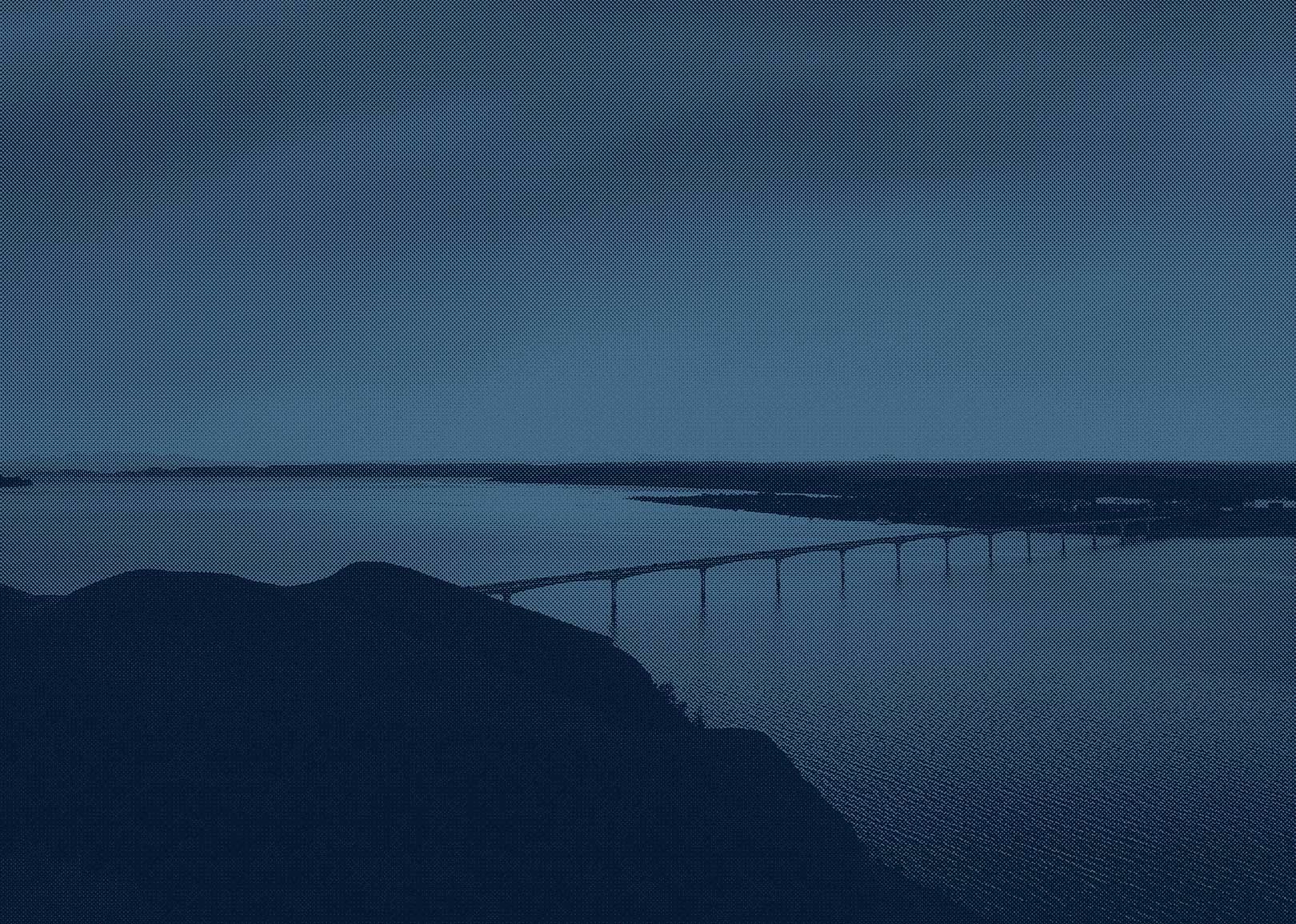
FAQ
MHA Nation’s position on the Riverbed minerals
-
We are River people. For thousands of years, long before colonization, the Missouri River has been a part of Mandan, Hidatsa, and Arikara cultures and economies. The river was an economic trade center for our peoples, who lived, fished, traded and harvested vegetables, fruit, and plants for their social and economic needs. Even after our population was decimated, villages flooded, and people relocated, we survived because of our relationship with the River and its life-giving resources.
-
The U.S. government has affirmed MHA Nation’s property rights to the minerals below the Missouri River 10 times. Beginning with the 1825 Treaty of Mandan, to the 1936 Legal “M” opinion by the Department of Interior (DOI), and more recently in 2017 with a supplemental Legal “M” opinion by the DOI Interior (see chronology for complete list).
-
Federal and state governments must halt all attempts to deny what is rightfully ours and the DOI must affirm the 2017 supplemental “M” Opinion along with all prior legal agreements, as they did in February 2022.
-
Fighting for our property rights is about protecting our home. There is nothing more important than protecting our ancestral homelands and the Missouri River bottomlands where we have lived and survived for millennia. To become fully self-sufficient again, we must re-establish our own economies, generate our own power and export our own goods. The reaffirmation of our mineral rights by the current administration, and ability to realize revenues from these rights, would help make this possible.
-
We are survivors who have seen our ways of life and our homes destroyed over the centuries. Our goal is to eliminate the practical need for federal dollars and live freely and independently as our ancestors once did. In order to become self-sufficient again, we must use the resources available to us in order to re-establish our economy and provide for our people, while also working to minimize impacts to our lands.
-
Since 2008, the oil industry has brought great wealth to our region but it has also had a disproportionate impact on the health of our people and quality of our lands and infrastructure. To account for the disparities, the tribe invests in education, health, law enforcement and infrastructure in order to move towards wellness and self-sufficiency. MHA Nation built dental and kidney dialysis centers, invested more than $16 million in education, built veterans and elders centers, and opened a $25 million in-patient opioid treatment facility. The revenues from mineral resources afford us the opportunity to fund critical needs of our community.
-
Sign up for updates on this important endeavor and follow us on Facebook and Twitter to stay-up-to date in MHA Nation’s fight to protect its riverbed rights.
